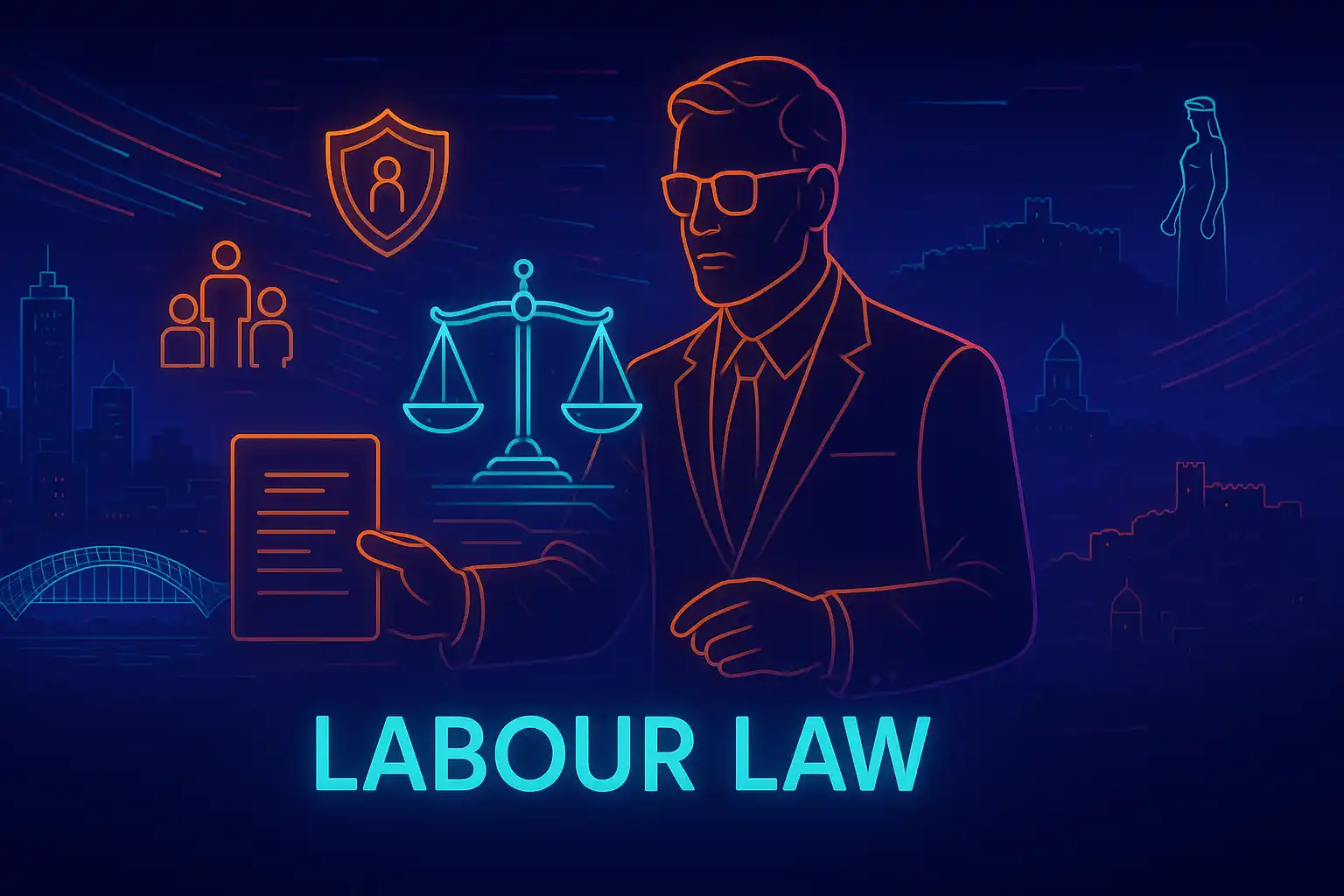Review
Labor law represents the regulatory legal framework of the labor market in Georgia. The law regulates relations between employers, employees, and trade unions. It covers various issues, from individual employment contracts to collective bargaining agreements. It aims to balance the interests and rights of both workers and employers. This area of law is critical to ensuring fair treatment in the workplace and maintaining a productive, safe, and legal work environment.
The development of Georgia's labor law has been significantly influenced by its commitments to international organizations such as the International Labour Organization (ILO) and Georgia's aspiration for European integration. These influences have led to higher standards in labor rights and practices.
Development of the Legal Framework
In recent years, Georgia has implemented a series of legal reforms, including:
1. Eliminating All Forms of Discrimination**: Strengthening anti-discrimination measures in the workplace.
2. Occupational Safety and Health (OSH) Act**: Enhancing workplace safety standards.
3. Amendments to the Labor Code and Trade Union Law**: Aligning the legal framework closer to EU standards.
4. Labor Inspection Law**: Establishing robust mechanisms for the enforcement of labor laws.
5. Personal Data Protection Law**: Ensuring the fair use of employees' personal data.
Economic and Labor Market Growth
Georgia has experienced steady economic and labor market growth in recent years, positioning itself as an attractive destination for international digital nomads. This trend is driven by several factors, including favorable government policies, economic diversification, and a supportive environment for remote work.
The service sector, including tourism, finance, and IT, has contributed significantly to economic growth. Investments in infrastructure and renewable energy projects have further boosted economic activity and job creation. The labor market has expanded in line with economic growth, with key sectors such as IT, construction, and services seeing increased demand for skilled workers. Government initiatives focus on improving vocational training and aligning education with market needs, eliminating skills mismatches, and increasing employability. Efforts continue to formalize the labor market to ensure comprehensive labor rights and social protection for all workers.
In 2020, Georgia introduced the "Remotely from Georgia" program, which allows remote workers and freelancers to live and work in Georgia for up to one year without a visa. Georgia offers a low cost of living compared to many Western countries, making it an attractive location for remote workers. High-quality internet, modern co-working spaces, and a rich cultural experience add to the overall appeal.
As a result of sound macroeconomic management, GDP per capita increased from $9,580 to $15,880 in 2022. Poverty has declined from 70.6 percent in 2010 to about 47.7 percent in 2022. In December 2023, the European Union granted Georgia candidate status. The process of accession to the European Union offers the Georgian labor market unique opportunities to strengthen reforms to achieve prosperity and to align more closely with other member states.
Conclusion
Despite progress, challenges remain, including issues related to informal employment, enforcement of labor laws, and ensuring legal protection for all workers. The continued development of labor law in Georgia reflects the country's broader economic and political transformation: moving from its Soviet legacy to a modern European market framework. This ongoing evolution aims to create a fair and productive work environment that will contribute to Georgia's economic prosperity and social well-being.

